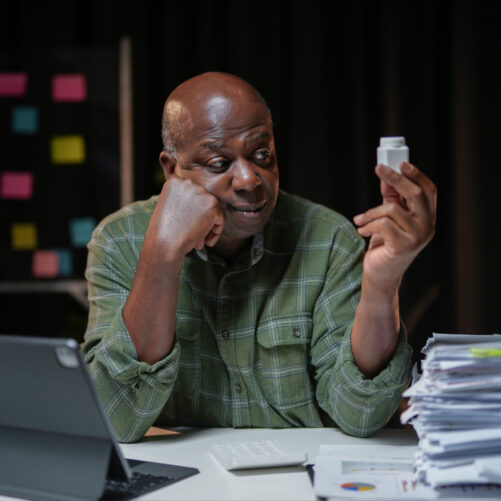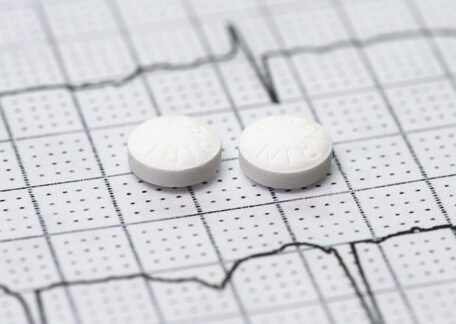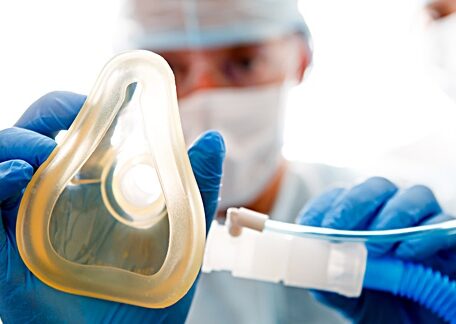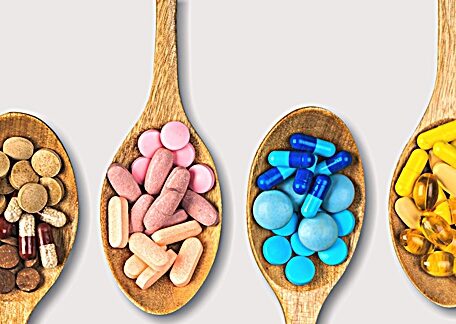JoinedMay 31, 2022
Articles7
Michael Wilcox is a health and medical journalist who writes frequently about clinical research, health policy, and technology in medicine. He has written previously for a number of medical and health trade magazines with a focus on obesity, cardiovascular health, surgery, and cancer, as well as covered ground-breaking medical science for academic research institutions.










